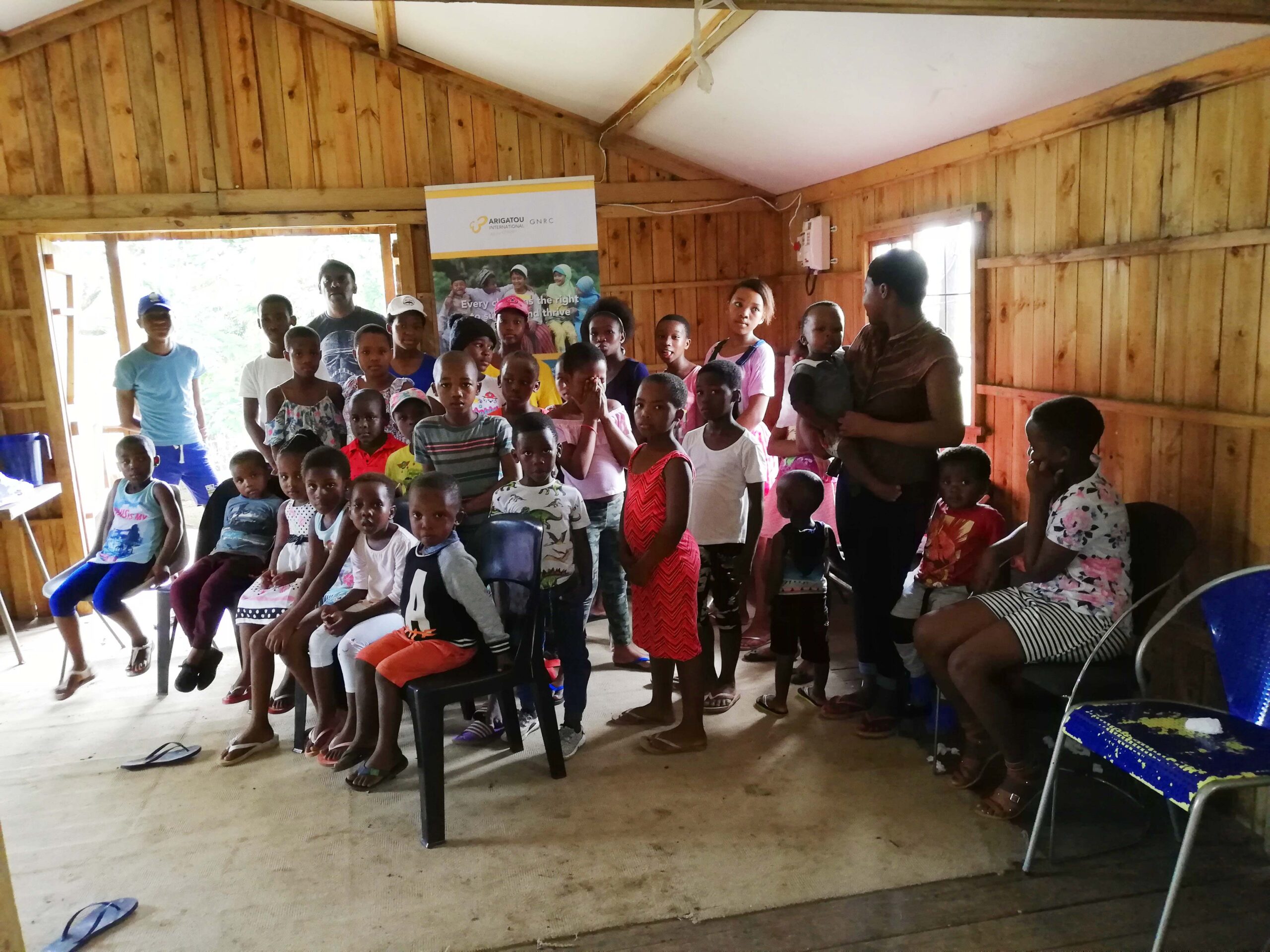
GNRC–South Africa together with Religions for Peace conducted two workshops, on 12th and 16th February 2019 in Durban and Mavela Ikhaya respectively, to strengthen the capacity of young people to promote the values of respect and empathy towards people of other cultures and beliefs in South Africa. A total of seventy nine (79) participants under the age of 18 attended the events (45 from Durban and 34 from Mavela Ikhaya).
The workshops utilized the principles of the Learning to Live Together (LTLT) Manual, an education program for teachers to nurture values and spirituality in children and youth; and the Panama Declaration on Ending Violence Against Children, which advocates for a sustainable and peaceful world, free from violence. Both tools aided in sensitizing the students on ethics education from an interfaith perspective that contributes to nurturing ethical values in children and young people.
During the meetings, the lead facilitator and the GNRC Coordinator in South Africa, Ms. Saydoon Nisa Sayed spoke of the sanctity of religion in promoting peace. She noted that all religions promote positive values and coexistence among members of different communities. She added that the country has for a long time been experiencing incidences of conflicts related to xenophobia and it was high time children and youth were sensitized to avoid such negativity in the society. She stated that ethics education needs to be promoted within the community to help people appreciate and tolerate the other.
The use of media as a tool to promote peace and generate knowledge was also advocated for during the workshops. Students were however warned not to fall victim to abusive and exploitive sites, noting that the world’s children and youth are currently the first victims of online child abuse and exploitation.
The workshops helped the children develop a stronger sense of ethics, critical thinking, respect for people of other cultures and nurture the sense of belonging to a global community.

